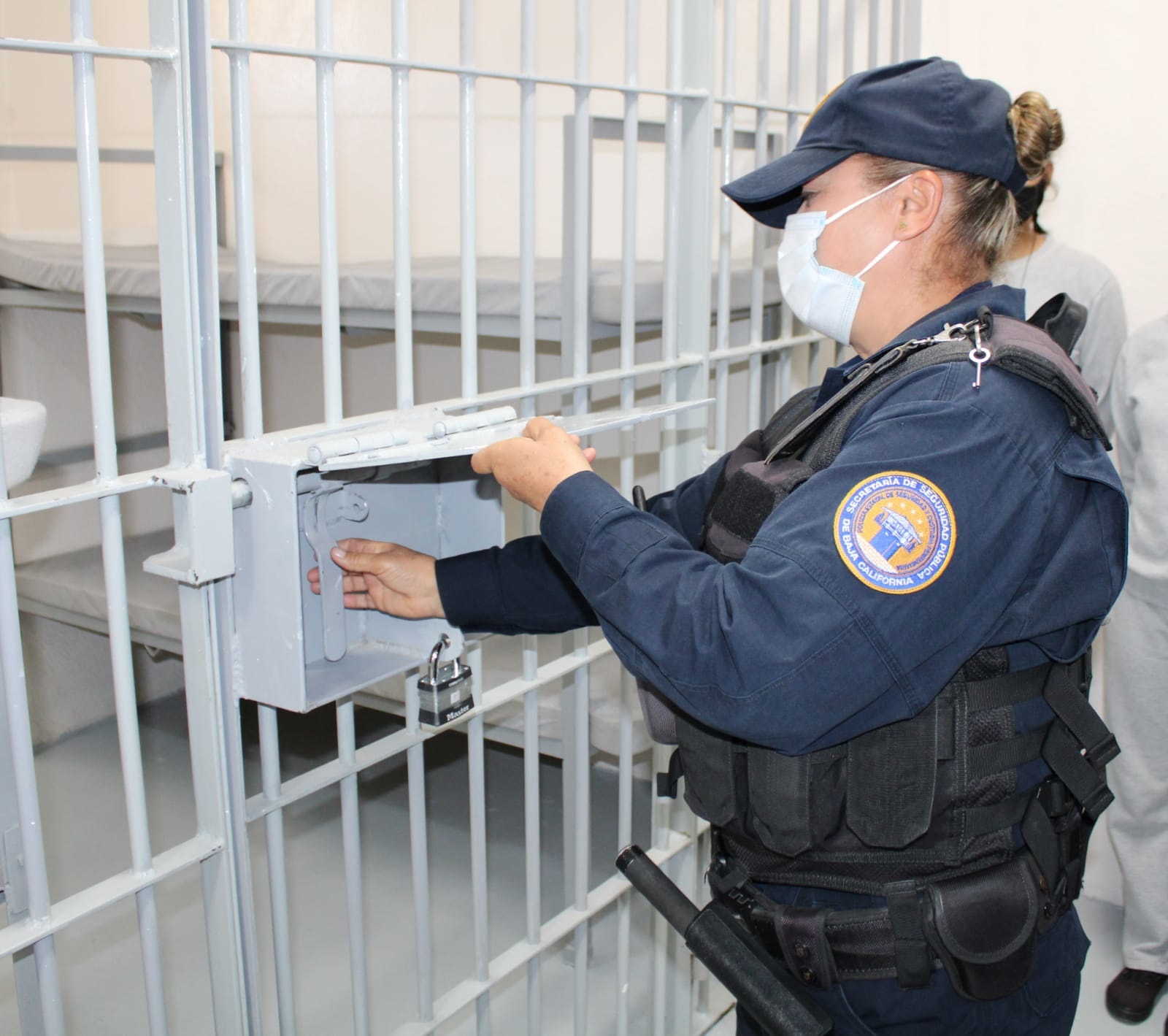Abu Jinapor Reflects On The NPP's 2024 Election Result

Table of Contents
Jinapor's Assessment of the NPP's Campaign Strategy
Abu Jinapor's assessment of the NPP's campaign strategy is vital for understanding the party's shortcomings. While specific statements require access to his post-election comments, we can hypothesize based on typical post-election analyses. His critique likely involved a multifaceted evaluation, considering both the strengths and weaknesses of the campaign.
-
Strengths of the Campaign: The NPP might have successfully organized large rallies, demonstrating strong party mobilization. A robust online presence utilizing social media and digital campaigning could also be highlighted as a strength. Finally, the announcement of key policy initiatives might have resonated with specific voter demographics.
-
Weaknesses of the Campaign: Potential weaknesses could include inadequate voter mobilization in crucial regions, leading to lower-than-expected turnout. Negative publicity surrounding certain policy decisions or scandals might have damaged the party's image. Unfulfilled campaign promises from previous elections could have eroded public trust, hindering their ability to connect with voters.
-
Areas for Improvement: Jinapor’s analysis might suggest improvements focusing on enhancing voter engagement through more targeted campaigns, improving communication strategies to counter negative publicity, and focusing on fulfilling promises made in previous campaigns. This includes improving the effectiveness of their political campaigning at the grassroots level.
Analysis of Key Factors Contributing to the Election Outcome
Understanding the reasons behind the NPP's defeat requires a thorough analysis of several intertwined factors, likely highlighted in Jinapor's reflections.
-
Economic Performance: The state of the Ghanaian economy played a significant role. If economic hardship prevailed, voters might have blamed the incumbent government, negatively impacting the NPP's performance.
-
Impact of Government Policies: Specific government policies and their impact on the population are critical. Unpopular policies or perceived failures in policy implementation could have alienated voters.
-
Role of the Media and Public Opinion: The media's portrayal of the NPP and the prevailing public opinion likely influenced voter behavior. Negative media coverage or shifting public sentiment can significantly impact election results.
-
Influence of Opposition Party Campaigns: The opposition party's campaign strategies and messaging also contributed to the outcome. A successful opposition campaign might have effectively countered the NPP's message, swaying undecided voters.
Jinapor's Outlook for the NPP's Future
Abu Jinapor's perspective on the NPP's future is crucial for understanding the party's trajectory. His analysis might encompass various aspects:
-
Potential Leadership Changes: Following an election loss, leadership changes are often debated. Jinapor might have commented on the need for new leadership or a reshuffling of key positions within the party.
-
Strategies for Rebuilding Support: Regaining public trust is vital for the NPP's revival. Jinapor's suggestions could include re-evaluating party platforms, improving communication with the electorate, and focusing on addressing public concerns effectively.
-
Key Policy Adjustments: The party might need to reconsider and revise certain policies to better align with the needs and priorities of the electorate. Jinapor’s insights could shed light on necessary adjustments to the party's platform.
Public Reaction and Media Coverage of Jinapor's Statements
The public and media response to Jinapor's post-election analysis are important indicators of the broader political climate.
-
Reactions from within the NPP: Internal party reactions could range from support and agreement to criticism and dissent, reflecting the diverse opinions within the party.
-
Reactions from Opposing Parties: The opposition parties' responses likely offered contrasting perspectives, potentially highlighting the NPP’s failures and using Jinapor's analysis for political advantage.
-
Key Media Outlets' Coverage: Major Ghanaian media outlets would have covered Jinapor's statements, offering their own analyses and interpretations, shaping public perception. This media analysis is crucial for understanding the overall impact of his statement.
Conclusion: Looking Ahead – The NPP's Path Forward Based on Jinapor's Insights
Abu Jinapor's post-election analysis provides valuable insights into the NPP's 2024 performance and its path forward. His reflections on campaign strategy, contributing factors to the defeat, and suggestions for the future are crucial for the party's internal reflection and strategic planning. His comments on leadership, policy adjustments, and rebuilding public trust will significantly influence the NPP’s actions in the coming years. His analysis highlights the need for a comprehensive review of their strategies, emphasizing voter engagement and addressing key concerns raised by the electorate. Share your insights on Abu Jinapor's reflections on the NPP's 2024 election results; Discuss Abu Jinapor’s post-election analysis of the NPP's performance in 2024 – your perspective is valuable to the ongoing conversation.

Featured Posts
-
 Blue Origin Postpones Launch Investigation Into Vehicle Subsystem
May 03, 2025
Blue Origin Postpones Launch Investigation Into Vehicle Subsystem
May 03, 2025 -
 Evenements A La Seine Musicale Saison 2025 2026
May 03, 2025
Evenements A La Seine Musicale Saison 2025 2026
May 03, 2025 -
 Souness Slams Manchester Uniteds Atrocious Transfer Decision
May 03, 2025
Souness Slams Manchester Uniteds Atrocious Transfer Decision
May 03, 2025 -
 Siete Nuevos Vehiculos Para El Sistema Penitenciario Una Entrega Clave
May 03, 2025
Siete Nuevos Vehiculos Para El Sistema Penitenciario Una Entrega Clave
May 03, 2025 -
 Reform Civil War Lee Andersons Explosive Claim Shakes Conservative Party
May 03, 2025
Reform Civil War Lee Andersons Explosive Claim Shakes Conservative Party
May 03, 2025
